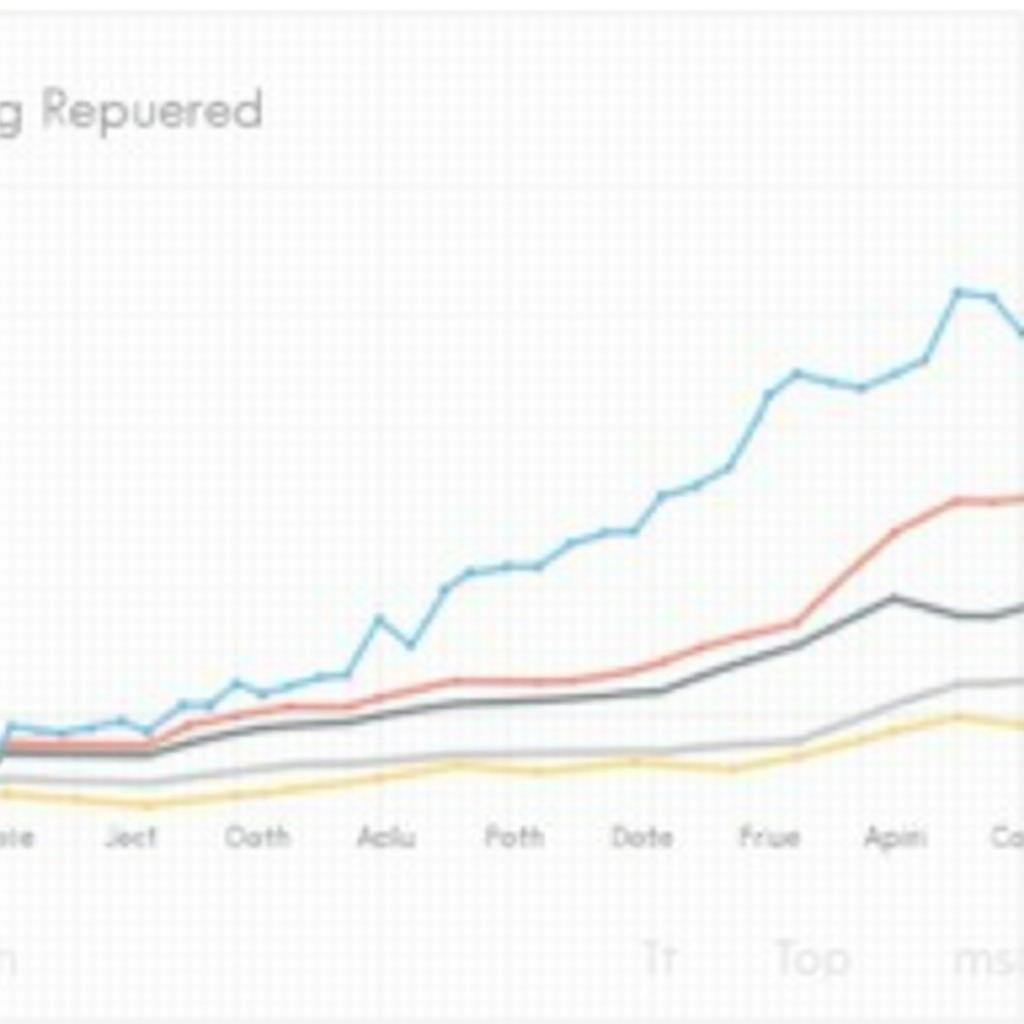Car Servicing Data is essential for maintaining vehicle health, ensuring safety, and maximizing resale value. Understanding this data empowers car owners and businesses alike to make informed decisions about maintenance and repairs. This guide delves into the importance of car servicing data, its various types, and how it can be leveraged for optimal vehicle management.
The Importance of Car Servicing Data
Regular car servicing generates a wealth of data that provides a comprehensive overview of a vehicle’s history. This data offers crucial insights into the car’s performance, potential issues, and overall condition. By analyzing this data, mechanics can identify patterns, predict future maintenance needs, and prevent costly breakdowns. For car owners, access to this information promotes transparency and builds trust with service providers.
Similar to my car log book service, maintaining detailed car service records is crucial for tracking maintenance and repair history. This data is invaluable when diagnosing problems, assessing the effectiveness of past repairs, and making informed decisions about future servicing.
Types of Car Servicing Data
Car servicing data encompasses a range of information, from basic service records to complex diagnostic reports. Understanding the different types of data is key to effectively utilizing it. Key data types include:
- Service History: This includes dates of service, mileage at each service, and the specific services performed.
- Parts Replacement: Records of parts replaced, including part numbers, brands, and dates of replacement.
- Diagnostic Codes: These codes, generated by the car’s onboard computer, pinpoint specific issues and aid in accurate diagnosis.
- Fluid Analysis: Analysis of engine oil, transmission fluid, and other fluids can reveal wear and tear, contamination, and potential problems.
- Inspection Reports: Detailed reports from inspections, including tire condition, brake wear, and other safety checks.
For businesses in the car service industry, having access to comprehensive car service center franchise data can streamline operations and improve customer service.
Leveraging Car Servicing Data for Optimal Vehicle Management
Car servicing data is a powerful tool for optimizing vehicle maintenance and maximizing its lifespan. By analyzing historical data, car owners and mechanics can make data-driven decisions about repairs, preventative maintenance, and part replacements.
How Can Car Owners Use Car Servicing Data?
Car owners can leverage car servicing data to:
- Track Maintenance Schedules: Ensure timely servicing based on manufacturer recommendations and actual vehicle usage.
- Budget for Repairs: Predict upcoming maintenance costs based on past service history and anticipate potential expenses.
- Negotiate Resale Value: Demonstrate a well-maintained vehicle with detailed service records to command a higher resale price.
How Can Businesses Use Car Servicing Data?
Businesses in the automotive industry can utilize car servicing data to:
- Improve Customer Service: Provide personalized maintenance recommendations and targeted service offerings based on individual vehicle history.
- Optimize Inventory Management: Track parts usage, anticipate demand, and ensure efficient inventory control.
- Enhance Diagnostic Accuracy: Utilize historical data and diagnostic codes to quickly and accurately identify vehicle problems. This is especially relevant for innovative car service startups looking to disrupt the traditional car servicing model.
Knowing the santro car servicing features is vital for owners of this specific model to maintain optimal performance and understand the specific data generated during servicing.
Conclusion
Car servicing data is an invaluable resource for both car owners and businesses. Understanding and effectively utilizing this data can lead to improved vehicle maintenance, reduced costs, increased safety, and enhanced customer satisfaction. By embracing data-driven decision-making, the automotive industry can continue to evolve and provide better service and value to customers. Keeping track of your car servicing data is essential, and tools like find car service history can help you do just that.
FAQ
- What is the most important car servicing data to track? Service history, parts replacements, and diagnostic codes.
- How can I access my car servicing data? From your service provider, car manufacturer, or through vehicle history reports.
- How often should I service my car? Follow the manufacturer’s recommendations in your car’s owner’s manual.
- What is preventative maintenance? Regular maintenance performed to prevent future problems and extend the life of your vehicle.
- How can car servicing data improve safety? By identifying potential issues early and ensuring that safety-critical components are properly maintained.
- Why is car servicing data important for resale value? It demonstrates a well-maintained vehicle, increasing its desirability and value.
- How can businesses leverage car servicing data to improve customer satisfaction? By providing personalized service recommendations and proactively addressing potential issues.
Need assistance? Contact us via WhatsApp: +1(641)206-8880, or Email: [email protected]. Our customer support team is available 24/7.


